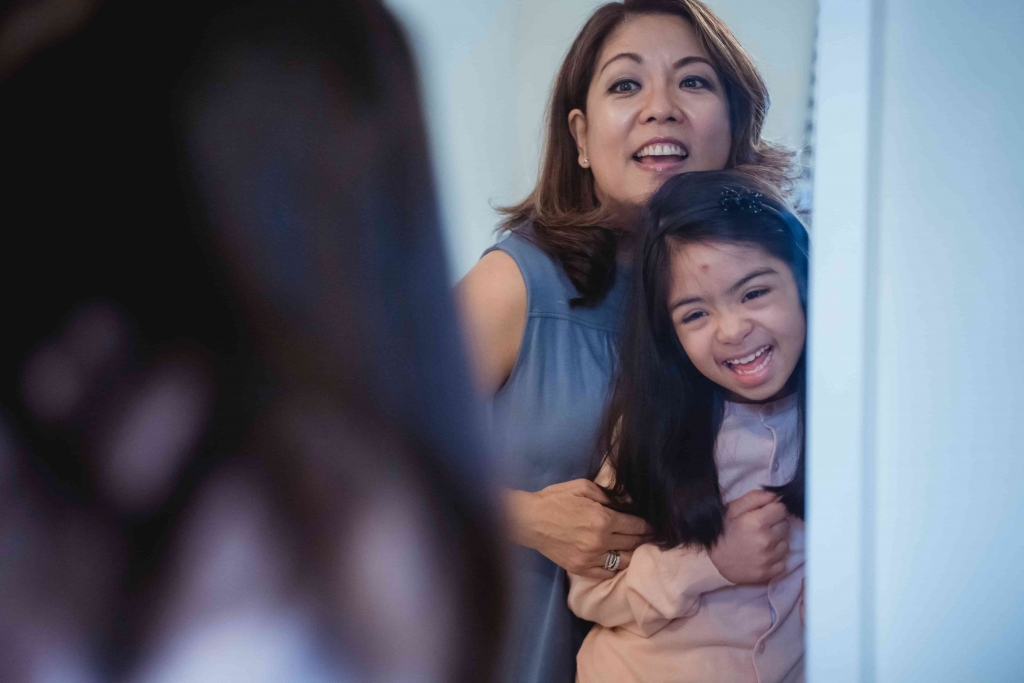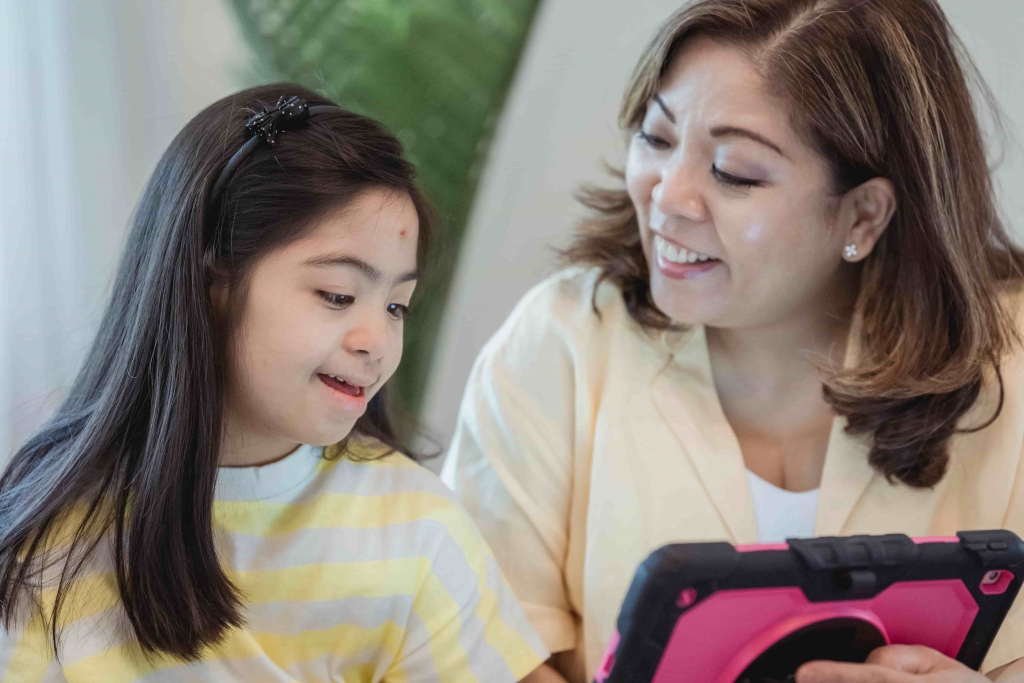According to Proclamation 711 signed on January 4, 1996, the third week of January in the Philippines is considered autism consciousness week. There are no data that shows the number of mentally-challenged individuals with autism in the country but in the US, around 1 in 150 children can be affected by this disorder.

The good news is that according to The Medical City, autism is not rampant in the Philippines. Despite this, this matter should be taken lightly as there is no cure for autism. All you can do is lessen the effects of the disorder. There is no medical evidence that also shows why autism happens.
What is autism?
Autism Spectrum Disorder is a brain disorder where a person’s communication skills, social skills, and behavior. Autism is seen during the early stages of a child’s life and is identified as a “spectrum condition” because it affects people differently. People with autism act differently than people who don’t. People with autism can be severely challenged or extremely gifted depending on their condition.
What are the symptoms of autism?
If your child does not say their first words by one and a half years, does not say two-word phrases before by 2 years, does not turn when you call their name, repeats what others say, and is constantly having a loss of words, these are common communication concerns that you should address to your doctor.
In terms of social concerns, kids with autism avoid eye contact, show inappropriate facial expressions, and are usually having a hard time saying their thoughts and making friendships with other children. Children without autism point their needs to their parents using their index figure, but autistic kids don’t.
There are also observed behaviors that autistic children do. Some children with autism are obsessed with repeating limited activities every day. Other children with this disorder frequently flap hands and sometimes, stacks objects in a linear pattern. Autistic children are also sensitive to sounds, lights, and smells.
Suggested Read: Face-to-Face Classes in the Philippines: How to Help Your Kids
How is autism diagnosed?
To diagnose autism, experts can observe a child’s behavior and conclude that a child has autism. These experts are mostly psychologists, doctors, child neurologists, pediatricians, and psychiatrists. Hearing tests, evaluations, and language tests are done to know if a child has the condition.
What are the types of autism?
Asperger’s syndrome- Asperger’s syndrome is the mildest spectrum. If you’re not an expert on autism, you wouldn’t say that this person is not autistic because they can be intelligent in a range of topics. However, they can sometimes lack social interacting skills.
Pervasive developmental disorder, not otherwise specified (PDD-NOS)- This is a more severe version of Asperger’s Syndrome which is known by impairment of social interaction, imaginative activity, interest in limited activities, and late development in verbal and non-verbal communication.
Childhood disintegrative disorder (COD)- This is a rare form of autism where children lose many social, mental, and language skills from two to four years old. Children who have COD are also more susceptible to seizures. This case is rare because it happens only to 1 in 100,000 births.
Treatment for autism
While there is no cure for autism, you can improve a child’s development through early intervention once autism is diagnosed. These services include therapy, speech training, mobility training, and interaction. If your kid shows signs of autism. Kids under three years of age and who show developmental delays can have these services.
Experts might also prescribe medicine for other medical conditions that come with it. People with autism have a higher chance of developing anxiety, aggression, sleep disorders, gastrointestinal issues, and ADHD. Besides medicine, a healthy and social lifestyle can alleviate these conditions.
Suggested Read: Personal Improvement Goals for 2021
How to care for people with autism
To help your child with autism, do not wait for an official diagnosis before having their treatment. As soon as you see repeated patterns of the symptoms above, immediately get them treated, and don’t think that they’ll grow their way out of it. The earlier you treat your child, the better their success would be. And as a parent, you should be as supportive as possible towards your child’s treatment.
And when it comes to a treatment plan, this varies from person to person. There are different spectrums as well as personalities. Before proceeding with the treatment, you should know the strengths and weaknesses of the person under treatment. The things your child enjoys and how they learn the fastest are also important in this situation.

Accepting Kids with Autism
Acceptance is also key when it comes to helping a child with autism. Rather than focusing on what your child is missing, you should focus more on enjoying your kid’s quirks and celebrating small victories towards their improvement. If your child is incredibly skilled over something, make sure to let them excel at these hobbies.
On the other hand, autism should not be romanticized. It does not automatically mean that your child is a genius just like what you see in movies and TV. Most of the time, autistic people are disabled and not gifted and what they need is acceptance and love instead of expectations.
Finding alternative ways to connect with them can go a long way too. People with autism have nonverbal cues when they’re tired, hungry, or hurt that you can observe. You can find these cues and use them as a tool to communicate with them. Many of the people with autism throw temper tantrums if these cues are misunderstood so you should pick up well.
Take care of yourself too
Taking care of an autistic person is challenging. In fact, it can even last a lifetime because these people will still need a little bit of guidance when they get old. However, most autistic people can definitely have a normal life just like anybody else and you don’t need to push yourself too hard as long as they’ve done their treatment right.
An effective caretaker of someone with autism should be physically and mentally fit and you would only achieve that if you have some time for yourself too. Making time to relax and exercise can also help because everyone’s mood can depend on their physical condition. The last thing you want is a bad mood when taking care of an autistic person.
Suggested Read: Villar completes PICC COVID-19 treatment facility


